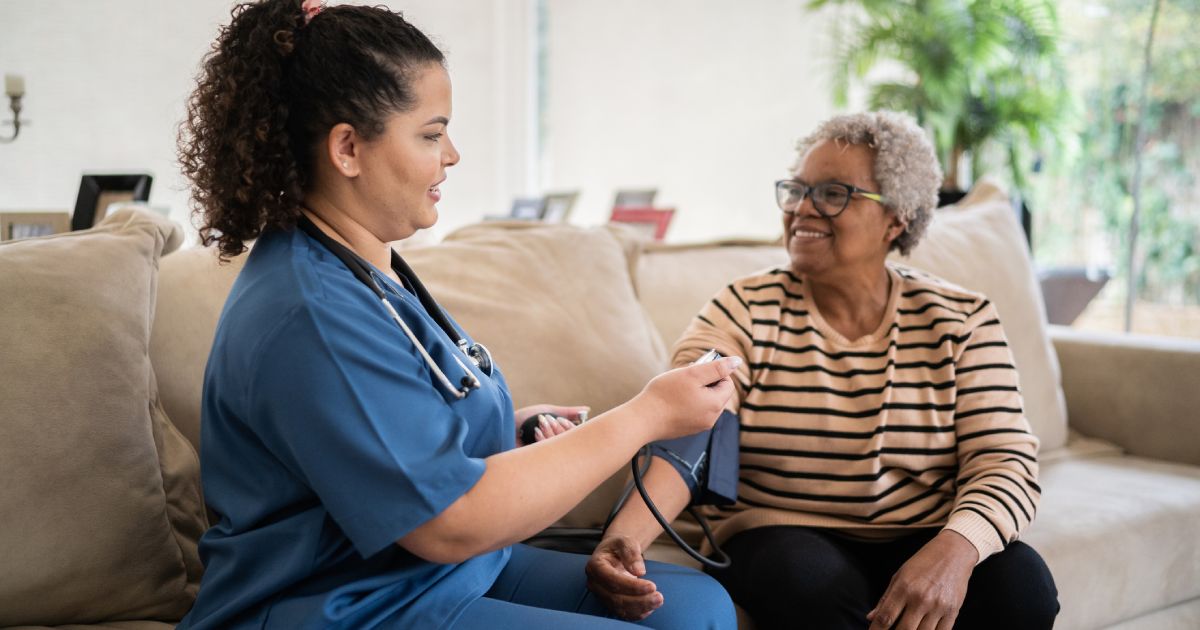University of Maryland
High school students with disabilities face obstacles in their transition to adulthood and typically underperform their peers without disabilities regarding postsecondary education and employment. To increase their chances of success, students can develop professional soft skills and networks, understand how their capacity and interests align with potential careers, and know what supports they need.
The University of Maryland, in partnership with the Maryland State Department of Education, Division of Rehabilitation Services, designed and piloted the Way2Work Maryland program in eight counties. Way2Work Maryland was an initiative to improve the college and career readiness of high school students with disabilities by engaging students in additional services to help them transition successfully to adulthood. Through the program, high school students received early engagement with DORS for pre-employment transition services, work-based learning experiences coordinated through community partners, and services to help them attain paid integrated employment. Services were coordinated through local Maryland Interagency Teams made up of local community resource providers, postsecondary education institutions, workforce staff, and employers.
The Rehabilitation Services Administration awarded five-year grants to select state vocational rehabilitation (VR) agencies to identify and demonstrate evidence-based practices for providing work-based learning experiences in integrated settings. VR agencies in five states received awards: California, Maine, Maryland, Massachusetts, and Vermont. Mathematica conducted the evaluations of the Maryland and Vermont demonstrations.
Mathematica randomly assigned 400 high school students over a two-year period to receive Way2Work Maryland services or not. The evaluation included:
- Follow-up surveys of youth and their parents or guardians 24 months after enrollment
- Collection of service receipt data
- Collection of education data
- Ongoing formative evaluations using program administrative data
- An impact analysis that assessed whether the employment and postsecondary education outcomes of students enrolled in Way2Work differed from those in the control group
- A formative evaluation that relied on program implementation records and site visits
Evidence & Insights From This Project

Way2Work Maryland Demonstration: Impacts 24 Months After Enrollment
Way2Work Maryland offered an innovative package of services to high school students with disabilities that emphasized work-based learning experiences. This report presents evidence on Way2Work Maryland’s impacts up to two years after students enrolled.
Learn MoreRelated Staff
Efficiency Meets Impact.
That's Progress Together.
To solve their most pressing challenges, organizations turn to Mathematica for deeply integrated expertise. We bring together subject matter and policy experts, data scientists, methodologists, and technologists who work across topics and sectors to help our partners design, improve, and scale evidence-based solutions.
Work With Us


